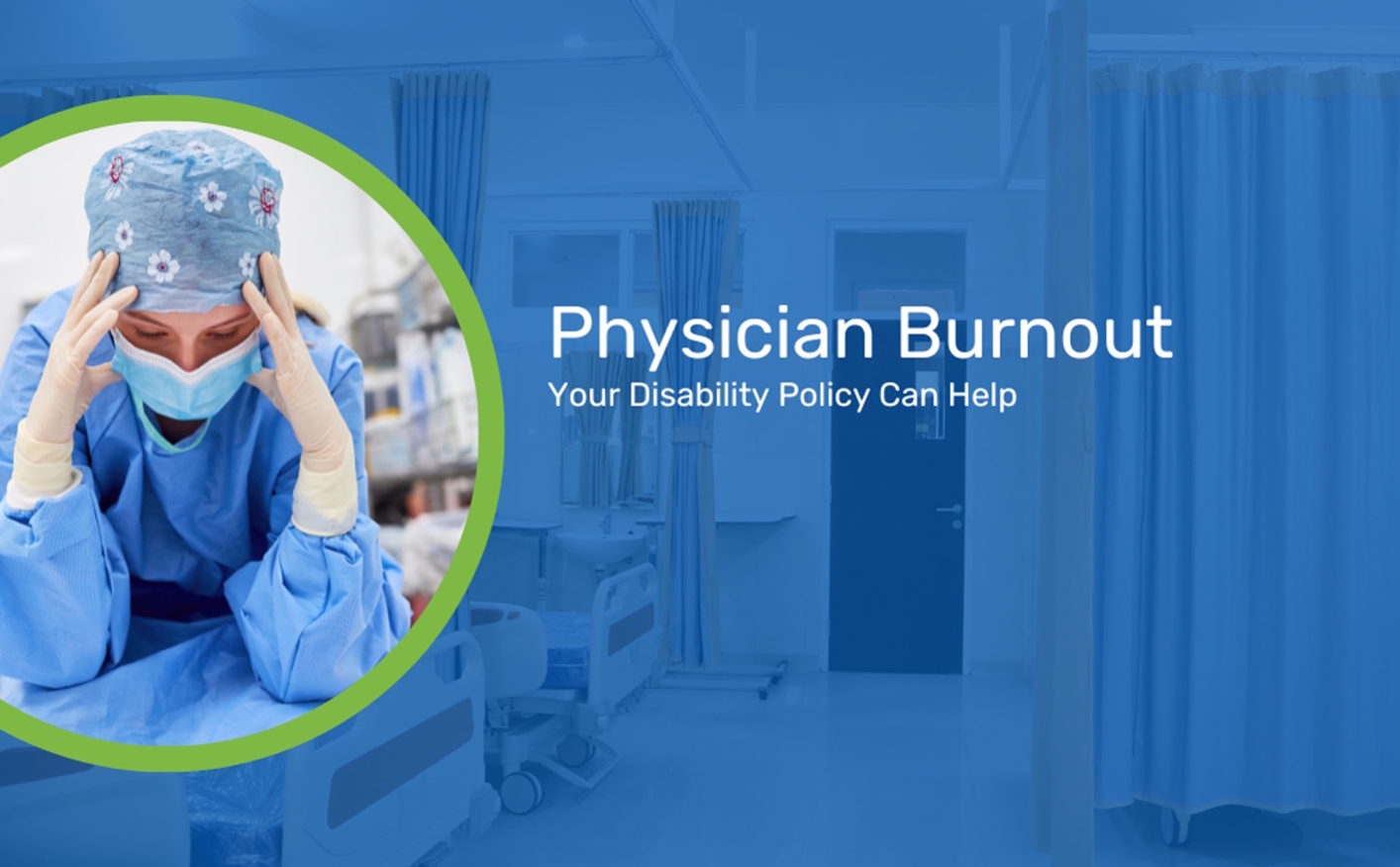Understanding Doctor Burnout:
Doctor burnout is a prevalent issue characterized by emotional exhaustion, depersonalization, and a decreased sense of personal accomplishment among physicians. It stems from a combination of factors, including heavy workloads, high patient expectations, administrative pressures, and the emotional toll of dealing with life and death situations. Burnout not only impacts physicians’ quality of life but also has consequences for patient care and the overall performance of the healthcare system.
The Impact of Burnout on Physicians:
The consequences of doctor burnout extend beyond individual physicians and can have wide-ranging effects on patients and the healthcare system. Burnout can result in decreased job satisfaction, increased medical errors, compromised patient safety, strained interpersonal relationships, and even early retirement from the medical profession. Recognizing the signs of burnout and taking proactive steps to address it are crucial for the well-being of both doctors and their patients.
The Role of Disability Insurance in Mitigating Consequences:
Disability insurance plays a critical role in protecting physicians, especially in cases of burnout-related disabilities that often arise from the high-stress and demanding nature of a physician’s specialty. Long working hours, heavy workloads, and the constant pressure to perform at a high level can all contribute to burnout, which can have devastating effects on a physician’s physical and emotional well-being. Disability insurance provides financial relief, allowing physicians to focus on their recovery without the added burden of financial worries. It serves as a crucial safety net, protecting physicians and their families from the potential financial fallout of burnout-related disabilities.
Choosing Disability Insurance for Burnout Coverage:
When seeking disability insurance, physicians should consider policies specifically designed to address their unique needs, including coverage for burnout-related disabilities. Some insurance carriers provide benefits for a limited period, typically around two years, for burnout-related disabilities categorized under anxiety and depression limitations. However, other carriers may offer coverage up to age 65 or even beyond, sometimes with an additional fee based on the physician’s medical specialty. It’s important to discuss your needs with your InsuranceMD agent to determine which carrier provides the most comprehensive coverage for your specific situation.
The Importance of True Own Specialty Coverage:
For physicians, True Own Specialty coverage is particularly important when it comes to disability insurance. This type of policy defines disability based on the policyholder’s ability to perform the material and substantial duties of their own medical specialty. In the case of burnout, if a physician becomes unable to practice in their specific specialty, they are eligible to receive their full disability benefits, even if they choose to work in a less stressful occupation or specialty. True Own Specialty coverage provides flexibility and career options, allowing physicians to explore alternative avenues within the medical field or pursue non-clinical roles that align with their abilities and interests. This flexibility is vital for maintaining financial stability and professional fulfillment.
At InsuranceMD, our experienced agents can guide physicians through the process of choosing the most suitable disability insurance policy, including burnout coverage. By understanding your specific needs and working with reputable insurance carriers, we ensure that you receive comprehensive coverage to protect you in the face of burnout-related disabilities.

 800-538-3767
800-538-3767
